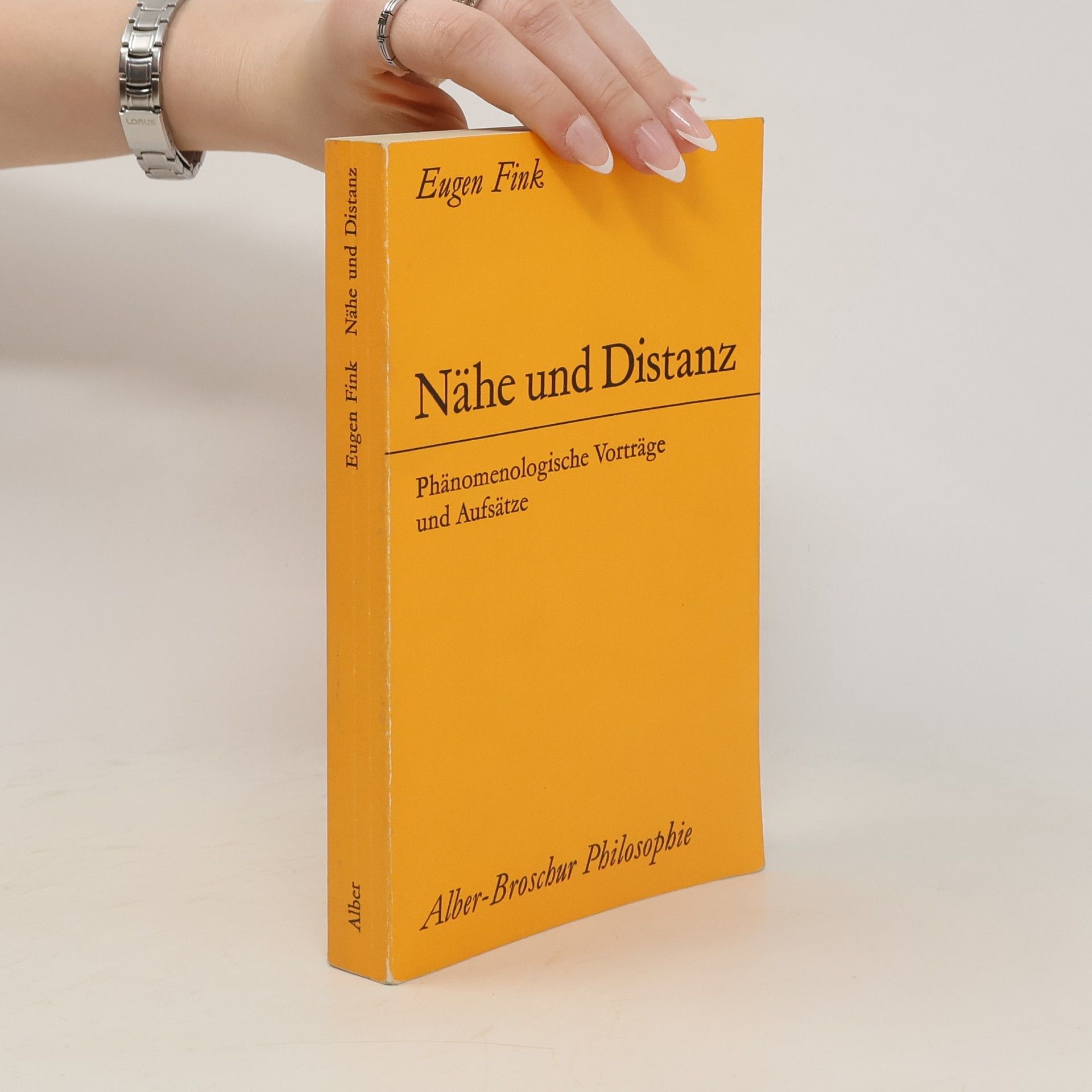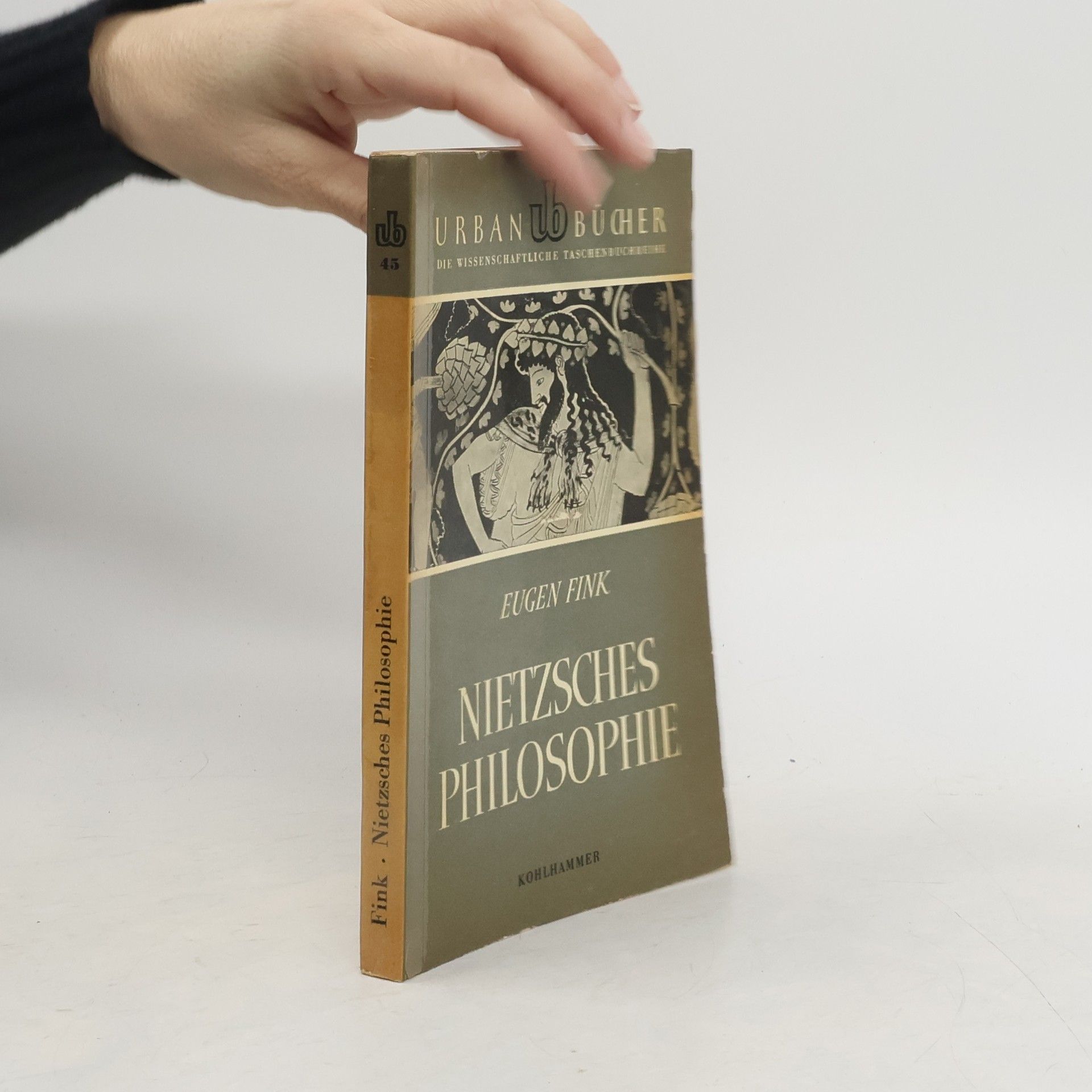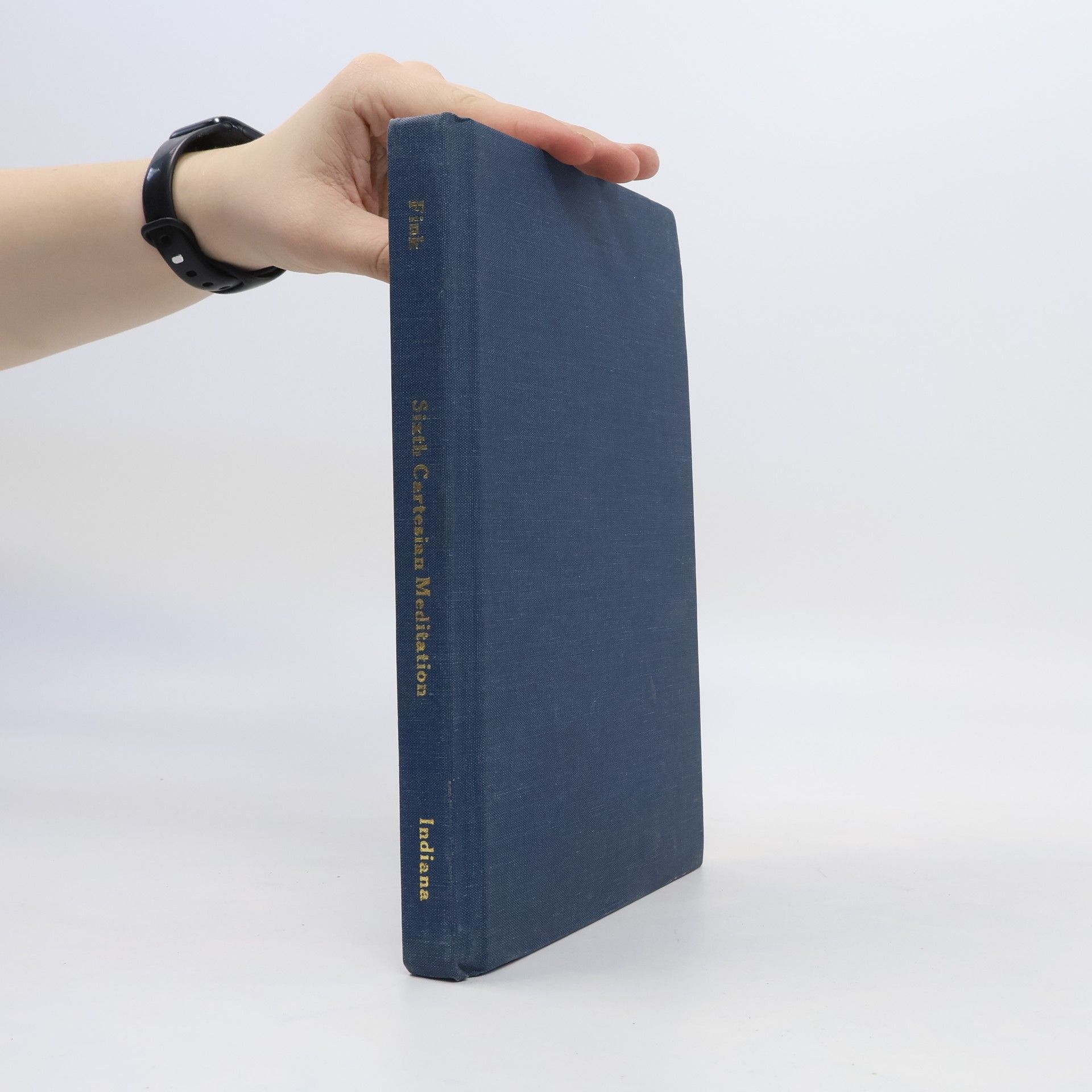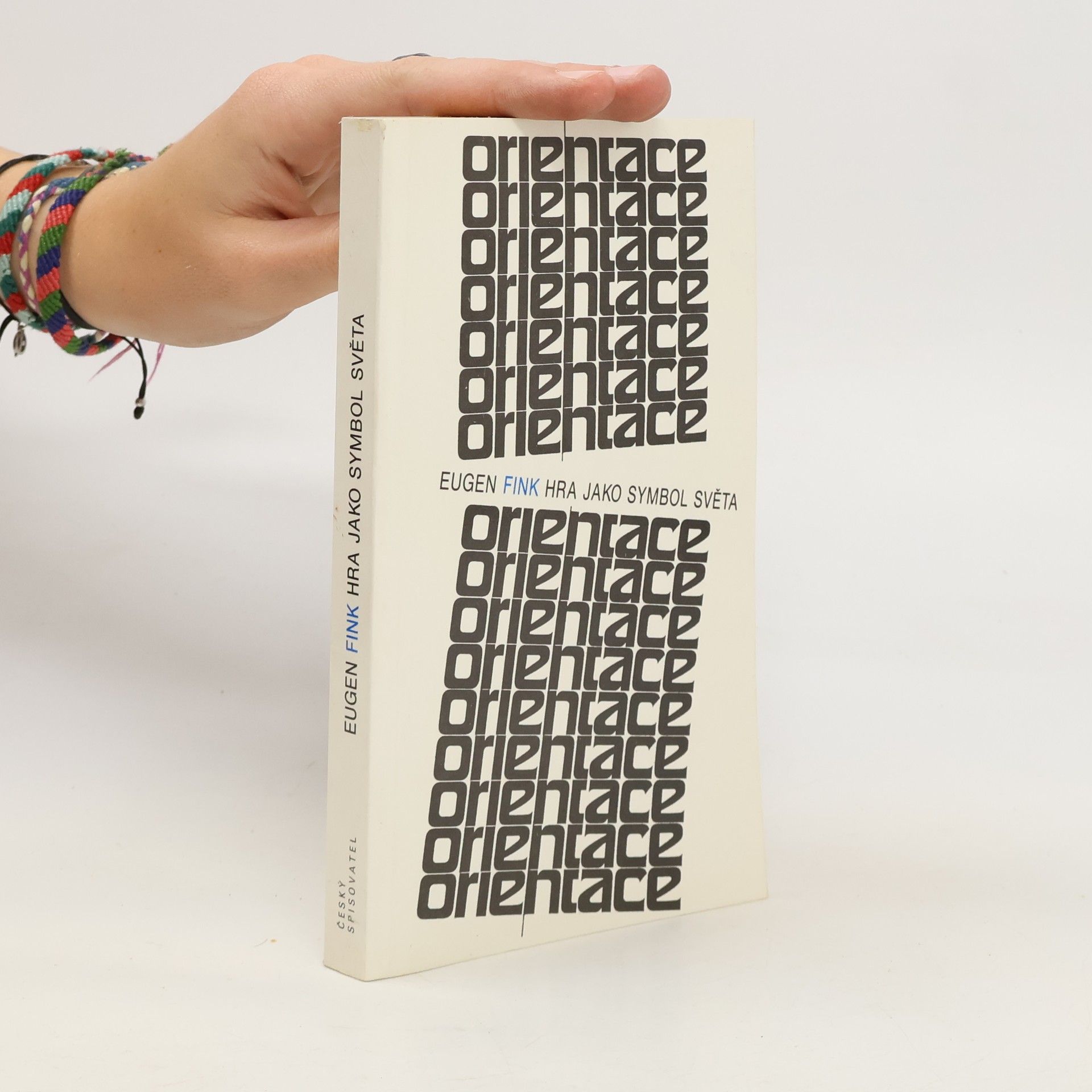Phänomenologische Werkstatt
Teilband 4: Finks phänomenologisches Philosophieren nach dem Tod Husserls
- 461 pages
- 17 hours of reading
Die Entwürfe zu einer Schrift über "ontologische Erfahrung" aus dem Jahr 1939 markieren eine entscheidende Wendung in Finks philosophischem Denken und verbinden seine Vor- und Nachkriegsschriften. In seinen Kriegsschriften zeigt sich eine zunehmende kritische Distanz zur Phänomenologie Husserls und eine Hinwendung zu Heideggers Seinsdenken. Besonders in den "Elementen einer Husserl-Kritik" und den "Aphorismen aus einem Kriegstagebuch" wird Finks eigenständige phänomenologische Perspektive deutlich, die den Grundstein für sein späteres "Weltdenken" legt.






